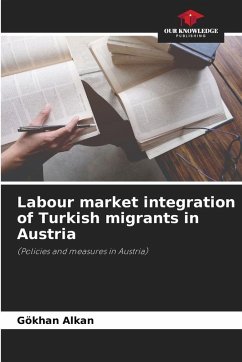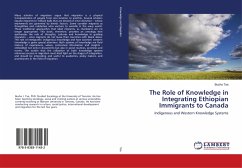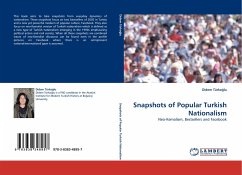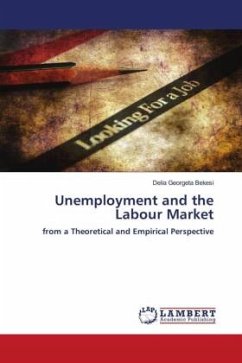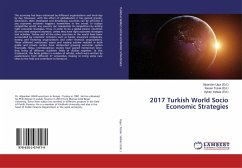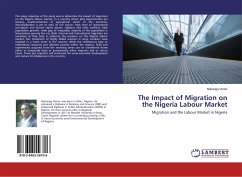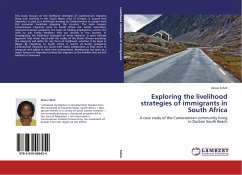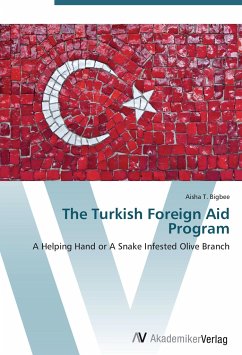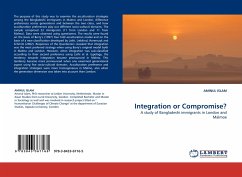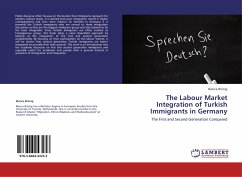
The Labour Market Integration of Turkish Immigrants in Germany
The First and Second Generation Compared
Versandkostenfrei!
Versandfertig in 6-10 Tagen
32,99 €
inkl. MwSt.

PAYBACK Punkte
16 °P sammeln!
Public discourse often focuses on the burden that immigrants represent for modern welfare states. It is claimed that poor integration results in higher unemployment and thus more reliance on benefits. In Germany, it is primarily the Turkish immigrants who are central to these integration discussions as they are the biggest immigrant group and also claimed to be the least integrated. Since Turkish immigrants are often treated as homogenous group, this book takes a more diversified approach by looking at the integration of the first and second generation comparatively. By focusing on their parti...
Public discourse often focuses on the burden that immigrants represent for modern welfare states. It is claimed that poor integration results in higher unemployment and thus more reliance on benefits. In Germany, it is primarily the Turkish immigrants who are central to these integration discussions as they are the biggest immigrant group and also claimed to be the least integrated. Since Turkish immigrants are often treated as homogenous group, this book takes a more diversified approach by looking at the integration of the first and second generation comparatively. By focusing on their participation on the labour market, it will be shown that second generation Turkish immigrants are better integrated structurally than their parents. This work is an introduction into the academic discourse on first and second generation immigrants and especially useful for academics and people with a general interest in questions of immigration and integration.



